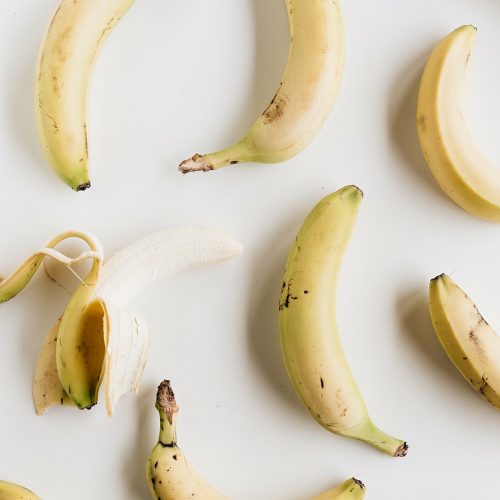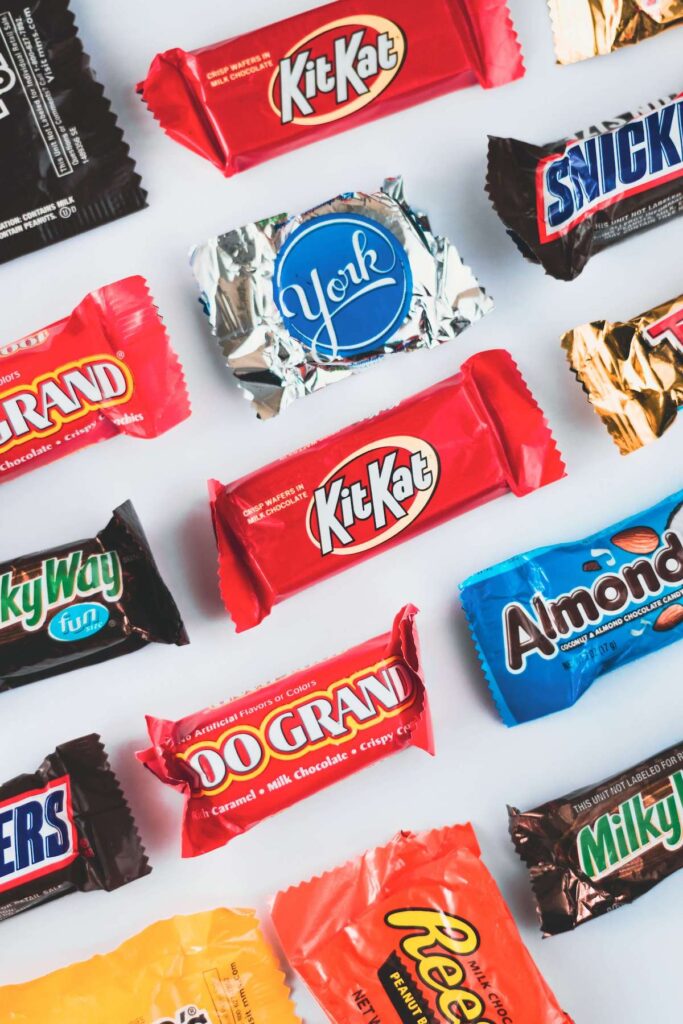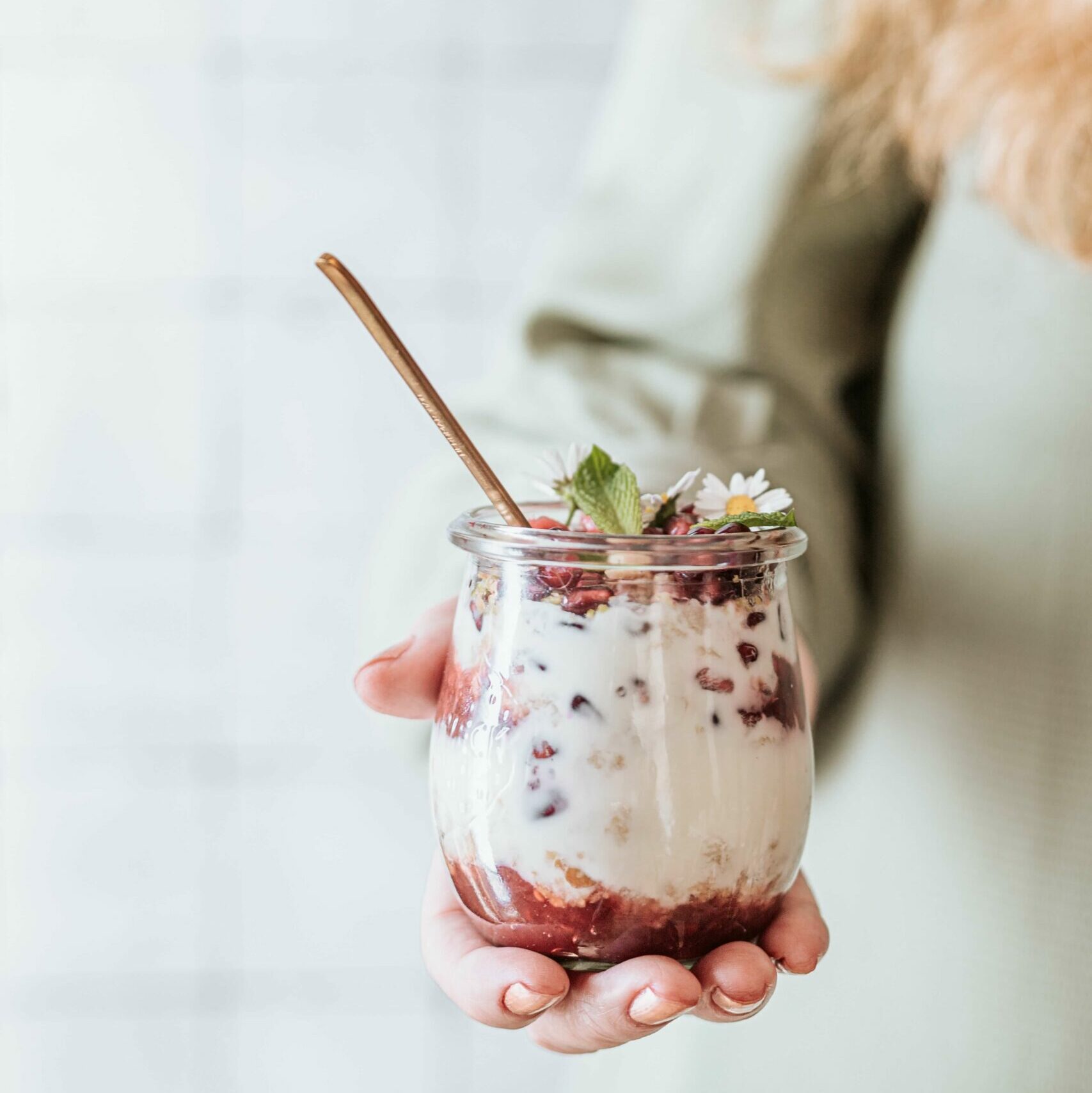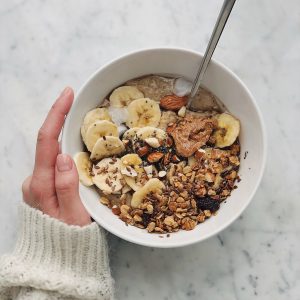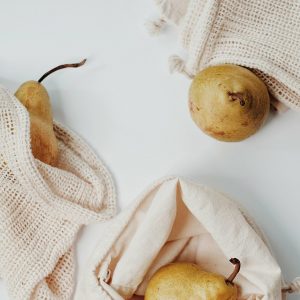Food is the great unifier that connects us across cultures and generations. Our food culture is the way that food integrates into our traditions, community, heritage, and connects us with our food system, but what is food culture exactly and can it improve your family’s health?
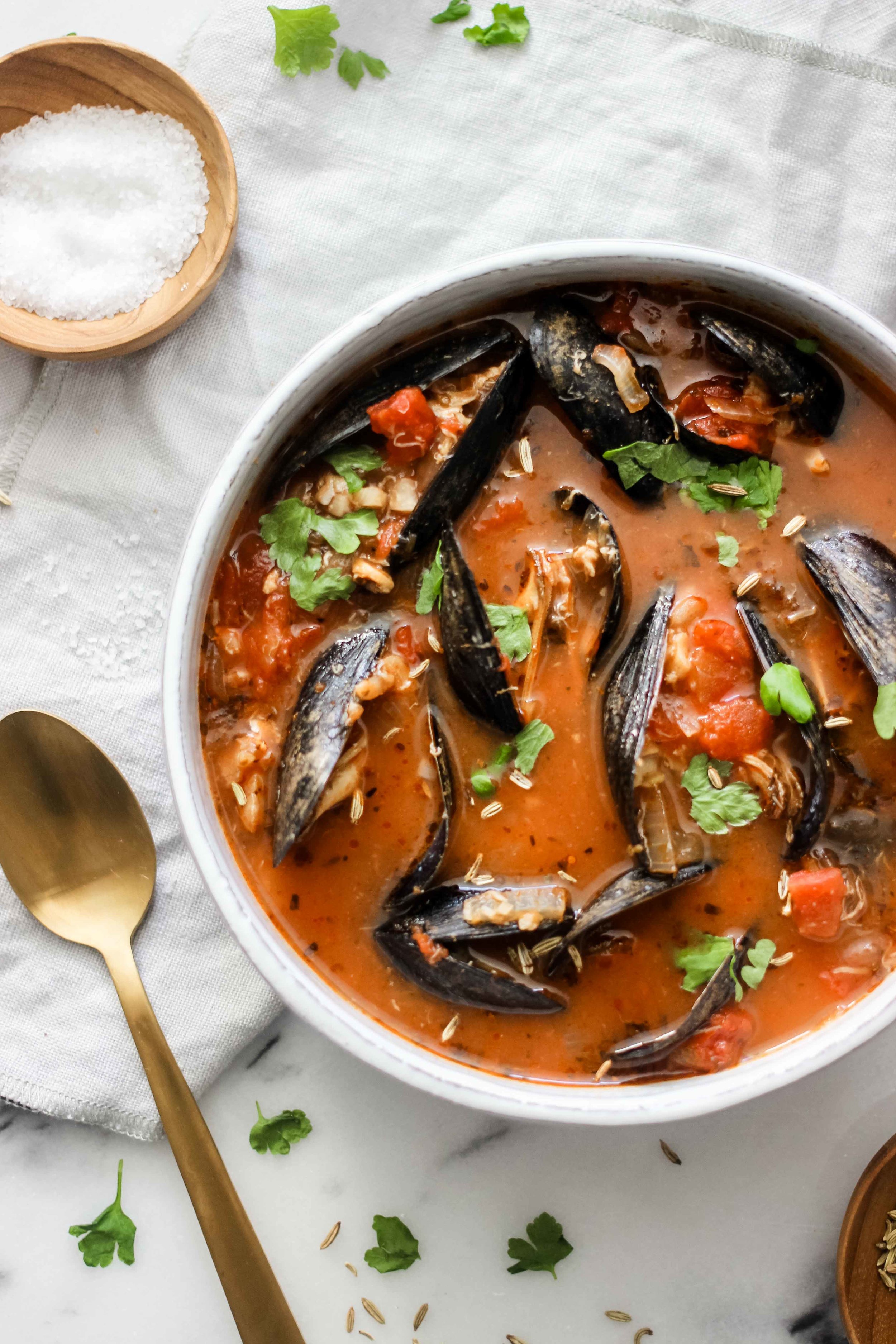
What Is Food Culture?
Food culture (by definition) refers to the practices, attitudes, and beliefs as well as the networks and institutions surrounding the production, distribution, and consumption of food.
That’s a mouth full so let’s break it down — food culture is the connection, beliefs, and experience we have with food and our food system. It incorporates our cultural heritage and ethnicity, but is not limited to it.
Our food culture is as much about our ethnic cultural heritage, as it is about our environmental culture and the way our surrounding impact the foods we eat and the way we experience them.
We have all had those moments when we smelled something that reminded us of our childhood, or recreated a dish that we had abroad that immediately brought us back to that foreign place. Food can quite literally propel you to another time, another country, another culture without even leaving your dinner table, which is why food culture is such an important way that we as people are able to connect and relate to one another.
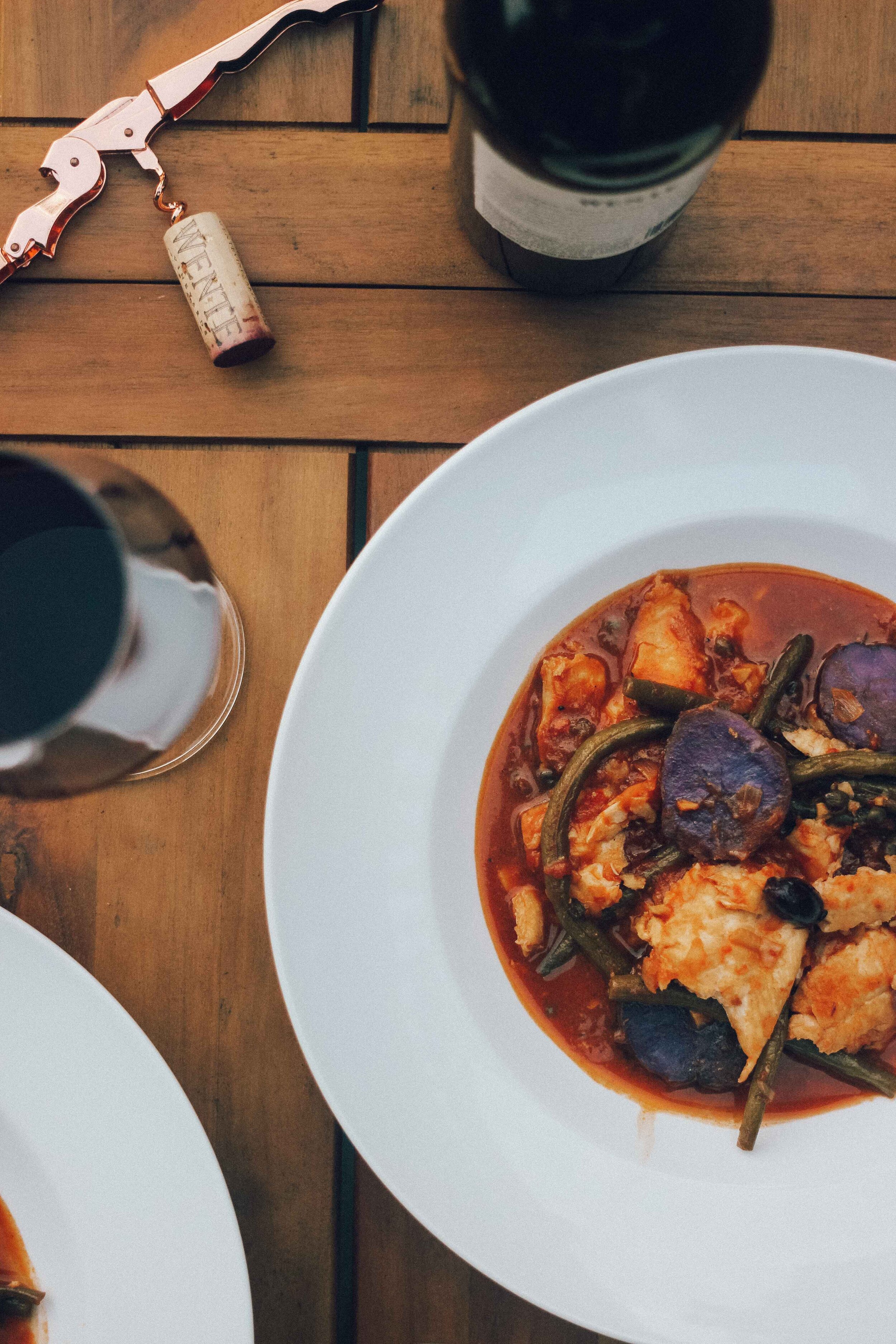
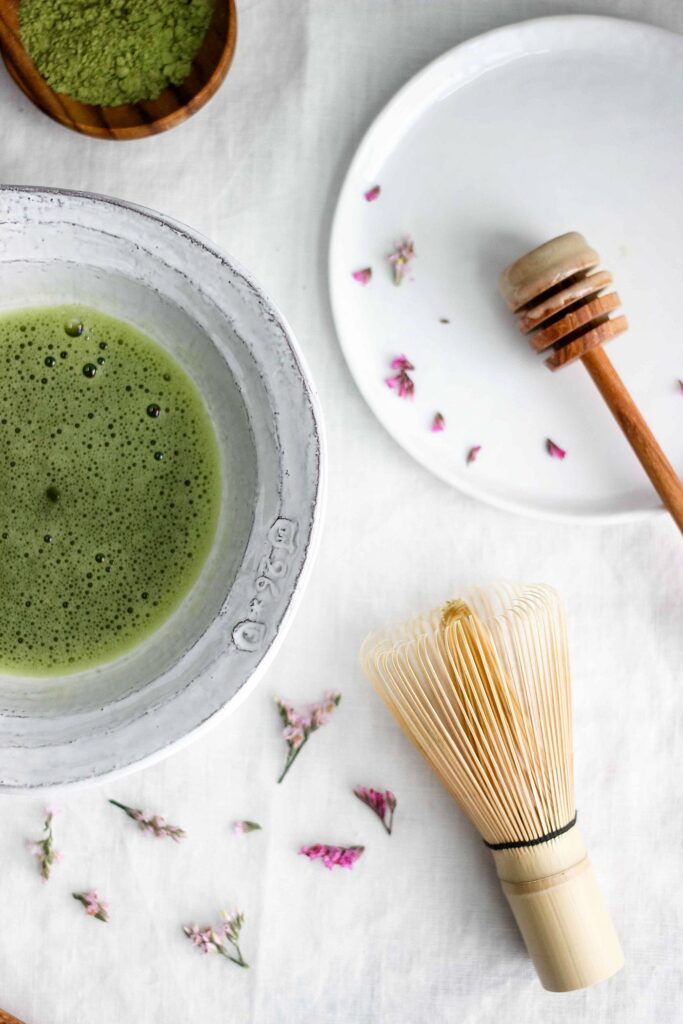
Different Food Cultures Around The World
There are many different food cultures of the world, some more distinctive and globally famous than others, and some which very rarely leave their regional environment but are still just as significant to the local community they influence.
Different food cultures around the world are influenced by many factors, but the most noticeable is arguably the way in which different cultures utilize specific ingredients and spices to evoke unique flavor profiles that define their food culture.
This is why food cultures often vary regionally even within one country depending on the landscape, weather, and history that each region uniquely experienced. While the United States is not known for having the most positive food culture, this is something that is very apparent as local cuisines in the United States vary drastically depending on what region you live in. The same holds true for Italian food culture, which varies drastically from North to South.

Regardless of what ingredients, flavors, or traditions exist between the different food cultures of the world there are two things that act as connected threads woven throughout them all — community and pleasure. There isn’t a food culture in the world that does not include these two parts of our food experience, even though they are often highly overlooked and undervalued in the American interpretation of food culture.
What this means is that we were meant to enjoy our food (it is why we experience pleasure when we eat it), and we were meant to enjoy our food with friends and family. Food cultures were founded on the way in which food was used to celebrate religious holidays, community events, and family gatherings. In other words food was celebrated and respected as an essential part of what makes humans human.
Why Is Food Culture Important?
To break it down even further food cultures, no matter where in the world, all encompass a few key components:
- They involve sharing food with community and family
- They value the needs of the land over the convenience driven desires of people
- They use food to celebrate religious and community events
- They focus on local and seasonal ingredients, and use them to create unique and distinguishable flavors
- They value their food experiences and then move on with their day
- Food is not something to be manipulated, it is meant to be shared and celebrated
This is where we begin to be able to clearly see how our food is meant to support the land it is grown on, nourishing both our bodies and our environment, as well as something that we are meant to live in balance with, not control.
For these reasons it is easy to see how food and culture conflict significantly with the Western diet culture that exists today to separate ourselves from our food, and instead turn our food into something to be controlled and measured.
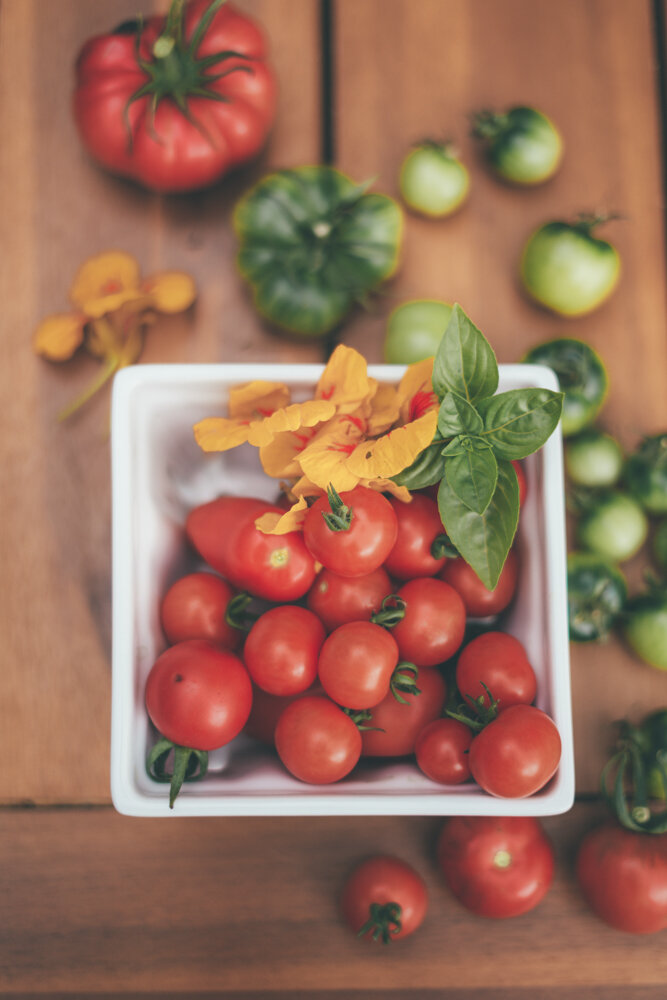
How Does Our Cultural Connection To Food Impact Health
But what does food culture have to do with ones health? Well — everything.
Without a strong food culture food becomes something that we manipulate for personal gain. It stops being something that we respect, and instead becomes something that we aim to control, and the more we aim to control our food the less we truly value and experience it.
Because food cultures are deeply routed parts of our natural history that have evolved and developed overtime, they are essential parts of how we support our overall health and nourish our bodies. However, over the past half century within the United States especially, commercially processed foods and the insurgence of supermarkets and marketed diet culture have disconnected many Americans with their traditional food culture to the point where they may not even recognize it anymore.
For so many Americans the phrase food culture doesn’t mean much. Food is something that comes packaged, that is counted and manipulated, and overall disconnected from any real meaning. At some point we decided to remove the culture from our food and our health began to suffer.
All you have to do is take a look at the blue zones of the world (the areas of the world researched to have the happiest and longest lifespans) to understand that our food culture is as much a part of our personal and societal well-being, as our food is itself.
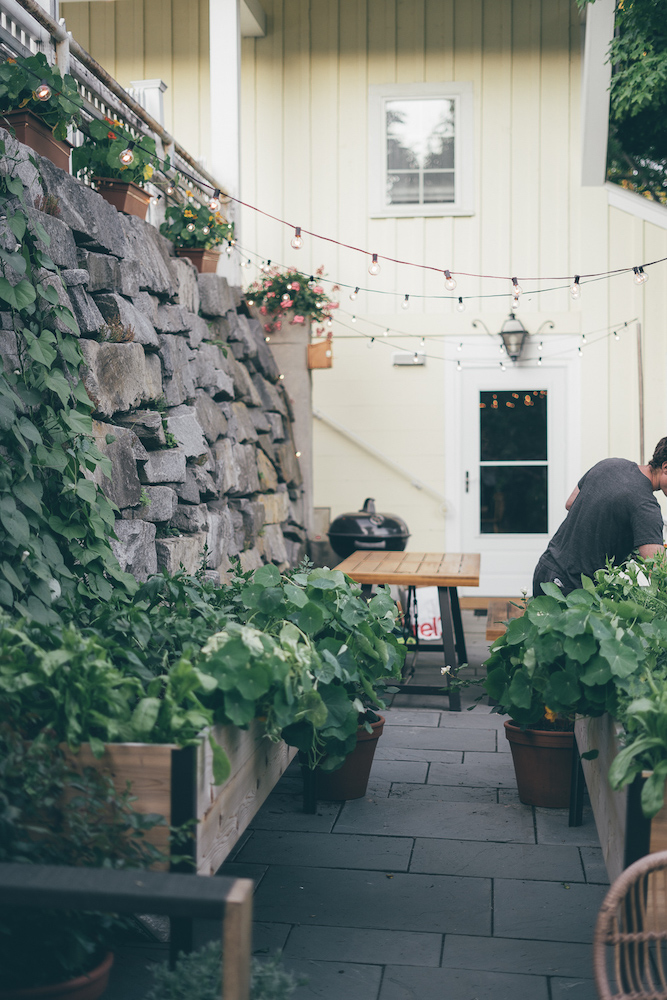
How Can You Foster A Strong Connection With Food At Home
The good news is that every single person is capable of creating a strong food culture for themselves, and their family. You don’t need to grow up in an environment with a strong food heritage in order to incorporate some of the building blocks that make up a strong and unwavering connection with our food. All you need to do is focus on bringing culture and connection back to the way we view our food.
Think about the real foods that make you happy. The ones your grandmother may have made you, or a dish you had a abroad that you couldn’t stop thinking about. Then start to get to know what foods grow in your own local environment. How do the seasons and growing periods change? What foods and flavors do you find yourself cravings during different parts of the year? Lean into those questions and allow your mind and your body to bring enjoyment and curiosity back into your food.
You do not need to identify with one particular country or food heritage in order to develop a strong food culture. How you create connection and meaning with food in your home can be anything you want it to be, and can incorporate many ethnic flavors, dishes, and traditions.e.
There are no rules when it comes to developing a strong food culture. Some people may have grown up with one, while others develop one later in life. Regardless, the most important thing to me is that more people (especially here in the USA) start to change the way they view their food, and more importantly the way in which they experience and value it.






